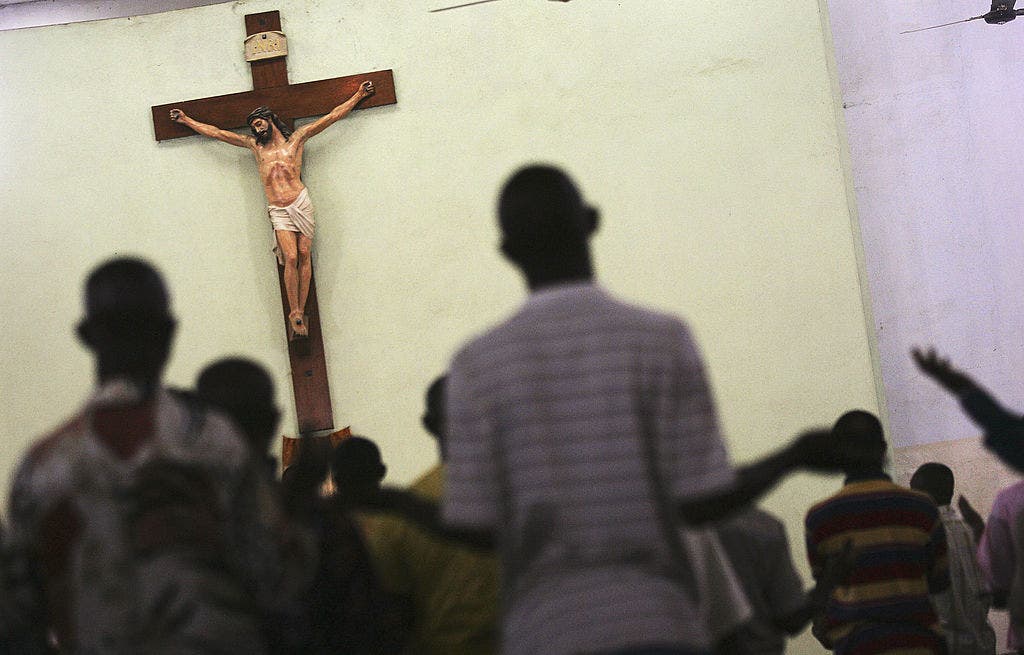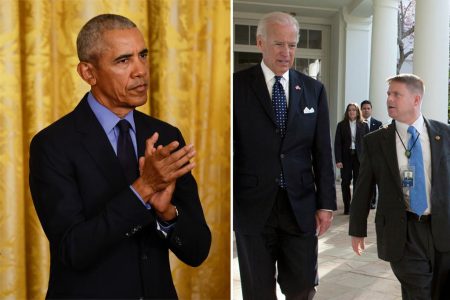The International Christian Concern (ICC) has released a stark report, “The Global Persecution Index 2025,” revealing a disturbing surge in religious intolerance worldwide, with Christianity bearing the brunt of this oppression. This alarming trend is driven by a confluence of factors, including the rise of authoritarianism, the spread of Islamic extremism, and the exploitation of technology for surveillance and control. The report underscores the vulnerability of Christians in numerous countries, particularly within the Sahel region of Africa, as well as nations like the Democratic Republic of Congo, Somalia, Afghanistan, Pakistan, and North Korea. These nations, designated as “Red Zone” countries, represent the most severe environments for Christians, where they face torture, imprisonment, and even death for their faith.
The ICC’s findings align with independent research from the Pew Research Center (PRC), which confirms that Christians and Muslims, the world’s two largest religious groups, experience the highest rates of harassment globally. While both groups face significant challenges, the PRC’s analysis reveals that Christians are targeted in a greater number of countries than any other religious group, facing persecution from both governments and societal groups. This widespread targeting highlights the multifaceted nature of the threat, extending beyond state-sponsored repression to include societal discrimination and violence. Muslims face the second highest rate of harassment, followed by Jews, illustrating the pervasive nature of religious intolerance.
A key driver of this escalating persecution is the global rise of authoritarianism. Authoritarian regimes, by their nature, demand absolute loyalty and often perceive Christianity, with its emphasis on a higher moral authority, as a direct challenge to their power. This perception is amplified in many authoritarian states where Christianity is viewed as a symbol of Western influence and values, which are often rejected as destabilizing. Consequently, Christians in these countries become targets of government repression and societal hostility. Furthermore, authoritarian regimes often exploit religious persecution as a tool to consolidate power, divert attention from internal problems, and unite the population against a common enemy.
The proliferation of technology, while offering advancements in communication and information access, has also provided authoritarian regimes with new tools for surveillance and control. Sophisticated surveillance technologies, often exported from countries like China, enable these regimes to monitor religious groups, suppress dissent, and enforce conformity. This technological advancement has amplified the reach and effectiveness of oppressive tactics, creating an environment of heightened fear and vulnerability for religious minorities. Even in regions not traditionally associated with religious oppression, such as Latin America, the use of technology for surveillance has facilitated the targeting of religious groups critical of authoritarian regimes.
The ICC report highlights specific examples of how technology is weaponized against religious communities. In countries like India and Pakistan, social media platforms have become breeding grounds for disinformation and incitement to violence against Christians. False narratives and hate speech spread rapidly through these platforms, fueling mob violence and targeted attacks against Christian communities. This exploitation of technology demonstrates the evolving nature of religious persecution in the digital age, where online platforms can be used to amplify existing prejudices and incite real-world violence.
The escalating violence and oppression against religious groups, particularly Christians, are not isolated incidents but rather indicative of a broader, alarming trend. This trend echoes historical patterns of persecution under oppressive regimes, such as those witnessed in the Soviet Union and Nazi Germany. In times of economic crisis, political unrest, and social inequality, authoritarian leaders often seek scapegoats to consolidate their power and divert attention from their failures. Religious minorities, often perceived as vulnerable and easily targeted, become convenient scapegoats in these scenarios. The current global landscape, marked by increasing instability, rising nationalism, and democratic backsliding, creates fertile ground for such persecution. The fight for religious freedom, therefore, has become more urgent than ever, requiring concerted international efforts to combat this growing threat.










